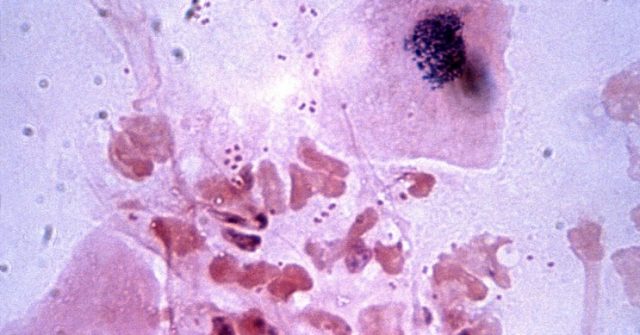Araştırma, MLL1 (Mixed-lineage leukemia) geninin translokasyonu ile ilerleyen bir lösemi türü üzerine odaklanmış. MLL translokasyonları, özellikle çocuk yaştaki hastalarda görülen akut myeloid ve lenfoid lösemilerinde çok sık gözlemleniyor. Bu lösemi türlerinden birine teşhis konan hastaların hayatta kalma şansı ise ne yazık ki %30’lar seviyesinde.
Northwestern Üniversitesinde görevli araştırmacı Ali Shilatifard ve ekibi, lösemiye neden olan MLL1 geninin translokasyon sürecini bozarak bu geni dengede tutmanın bir yolunu bulmuşlar. Söz konusu çalışma, aynı ekibin kanserli dokuların oluşmasına neden olan gen transkripsiyonunu bozan bileşikleri ortaya çıkarmalarının devamı niteliğinde gelişmiş.
Elbette araştırma hala insanlar üzerinde denenmemiş, bu tedavilerin güvenli ve etkili olup olmadığını belirlemek için çok daha fazla çalışma yapılması gerekiyor. Bununla birlikte, yeni yazıdaki ilk yazar olan Zibo Zhao, çalışmanın etkili bir şekilde insana çevrileceği konusunda iyimser ve ayrıca löseminin yanı sıra meme ve prostat gibi çeşitli diğer kanserlere de uygulanabilir.
araştırmanın yayını:
http://genesdev.cshlp.org/content/early/2018/12/20/gad.319830.118.abstract
Abstract
Chromosomal translocations of the Mixed-lineage leukemia 1 (MLL1) gene generate MLL chimeras that drive the pathogenesis of acute myeloid and lymphoid leukemia. The untranslocated MLL1 is a substrate for proteolytic cleavage by the endopeptidase threonine aspartase 1 (taspase1); however, the biological significance of MLL1 cleavage by this endopeptidase remains unclear. Here, we demonstrate that taspase1-dependent cleavage of MLL1 results in the destabilization of MLL. Upon loss of taspase1, MLL1 association with chromatin is markedly increased due to the stabilization of its unprocessed version, and this stabilization of the uncleaved MLL1 can result in the displacement of MLL chimeras from chromatin in leukemic cells. Casein kinase II (CKII) phosphorylates MLL1 proximal to the taspase1 cleavage site, facilitating its cleavage, and pharmacological inhibition of CKII blocks taspase1-dependent MLL1 processing, increases MLL1 stability, and results in the displacement of the MLL chimeras from chromatin. Accordingly, inhibition of CKII in a MLL-AF9 mouse model of leukemia delayed leukemic progression in vivo. This study provides insights into the direct regulation of the stability of MLL1 through its cleavage by taspase1, which can be harnessed for targeted therapeutic approaches for the treatment of aggressive leukemia as the result of MLL translocations.

















